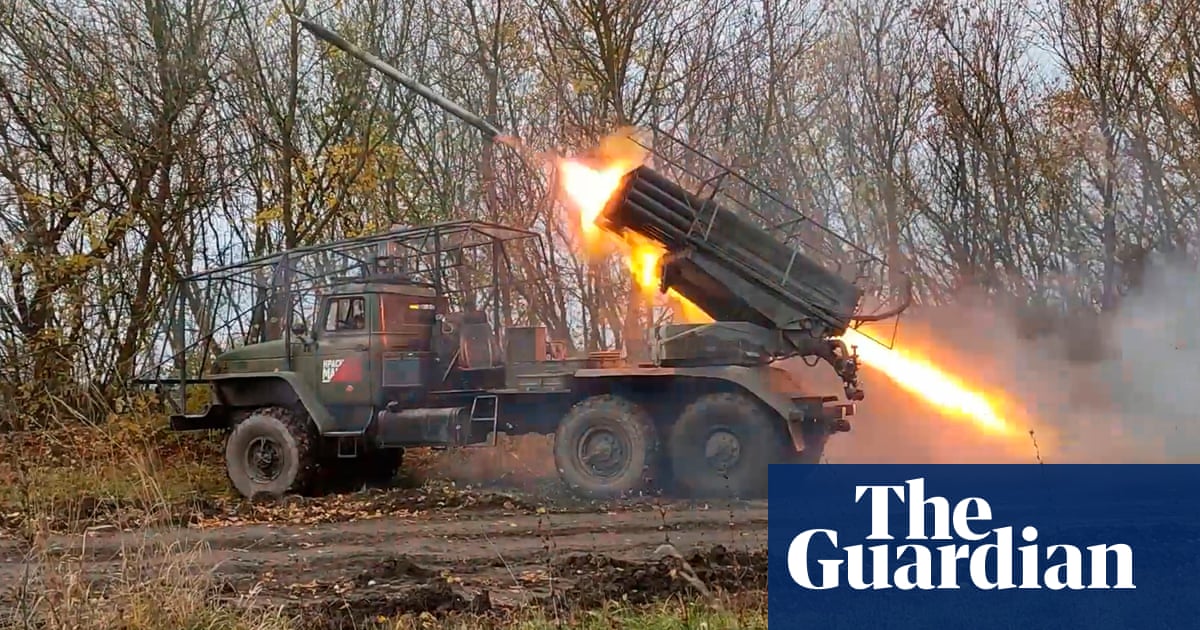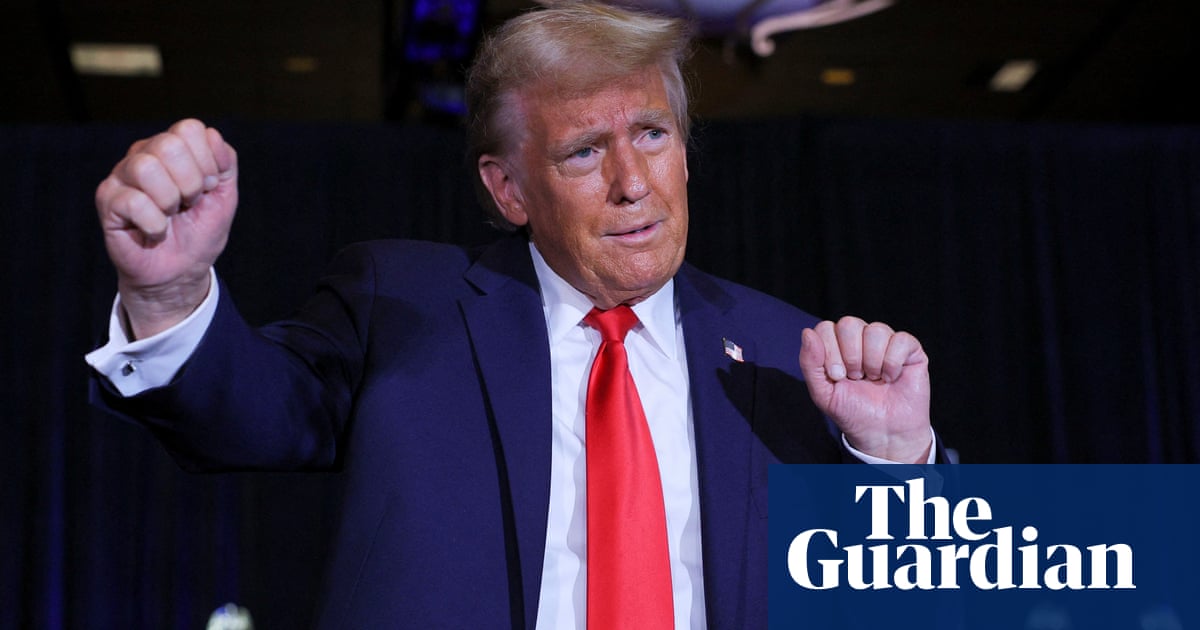World
Ukraine war briefing: ‘Human wave’ of North Korean troops being sent to their deaths, says US

North Korean troops deployed in Russia’s Kursk region are suffering heavy losses and being left unprotected by the Russian forces they are fighting alongside, according to Ukraine, while the US says Russian and North Korean generals see the soldiers as “expendable”. Volodymyr Zelenskyy said on Friday that said Russian troops were sending the North Koreans into battle with minimal protection and that the North Koreans were taking extreme measures to avoid being taken prisoner. “Their losses are significant, very significant,” the Ukrainian president said in his nightly video address. “We see that neither the Russian military nor their North Korean overseers have any interest in ensuring the survival of these North Koreans.” Zelenskyy said “several” wounded North Korean soldiers had died after being captured by Ukrainian forces. In Washington, National Security Council spokesperson John Kirby said troops sent by Pyongyang were killing themselves rather than risking capture. A “human wave” of North Korean soldiers were being sent to their deaths in “hopeless” attacks by generals who saw them as expendable, he said, estimating that Pyongyang suffered more than 1,000 killed or wounded in just the past week, which confirms similar figures reported by South Korea.
The Biden administration pledged to approve fresh military aid to Ukraine, including crucial air defence systems. Kirby said the promised US security assistance package was expected to be announced “in the next couple of days”, though it was unclear how much it will include. The aid surge comes weeks after the national security adviser, Jake Sullivan, met the head of the Ukrainian president’s office, Andriy Yermak, in Washington to pledge extensive support including a planned delivery of hundreds of thousands of artillery rounds, thousands of rockets and hundreds of armoured vehicles by mid-January.
Slovakia has confirmed its readiness to host any peace talks between Russia and Ukraine, despite Kyiv’s accusation that it is playing into the hands of Vladimir Putin. The Russian president on Thursday called it “acceptable” for the country to become a “platform” for dialogue over the conflict, which US president-elect Donald Trump has said he could end after he takes office in January. That prospect has raised concerns in Kyiv that a settlement could be imposed on terms favourable to Moscow, as Ukraine struggles on the battlefield. The Slovak prime minister, Robert Fico, said on Facebook late on Friday: “If someone wants to organise peace talks in Slovakia, we will be ready and hospitable.”
Ukraine has received its first batch of liquefied natural gas from the US, a deal that Kyiv says will boost Ukrainian and European energy security as a major gas transit deal with Russia ends. Despite the war, Moscow has continued to pump gas across Ukraine to Europe under a multibillion-euro deal, an agreement Kyiv has long said it will not renew when it expires at the end of this year. “Dtek, Ukraine’s largest private energy company, has today taken delivery of its first cargo of liquefied natural gas (LNG) from the United States,” the company said on Friday. The consignment was of about 100m cubic metres of gas, it told Agence France-Presse.
Russia’s state security agency claimed on Saturday it had foiled a plot by Ukraine to kill a high-ranking Russian officer and a pro-Russian war blogger with a bomb hidden in a portable music speaker. According to the Federal Security Service (FSB), a Russian citizen had established contact with an officer from Ukraine’s GUR military intelligence agency through the Telegram messaging app. On the Ukrainian intelligence officer’s instructions, the Russian had then retrieved the bomb from a hiding place in Moscow, the FSB claime. It did not name the officer or the blogger who was the target. Ukraine’s GUR could not immediately be reached for comment.
A Russian court has sentenced a singer who burned his passport in protest against Moscow’s Ukraine war to five-and-a-half years in prison. Eduard Sharlot, 26, was found guilty of “publicly insulting” the religious feelings of believers and “rehabilitating nazism” by a court in the Volga city of Samara in a case over videos he published online, the state news agency RIA Novosti reported. The singer had posted a video in June 2023 in which he burned his Russian passport in protest against the military campaign. In another video he nailed a photograph of Patriarch Kirill, the head of Russia’s Orthodox church that has staunchly backed the offensive, to a crucifix. Sharlot initially left Russia for Armenia after the offensive but was arrested at St Petersburg airport in November 2023 upon his attempted return to Russia.










